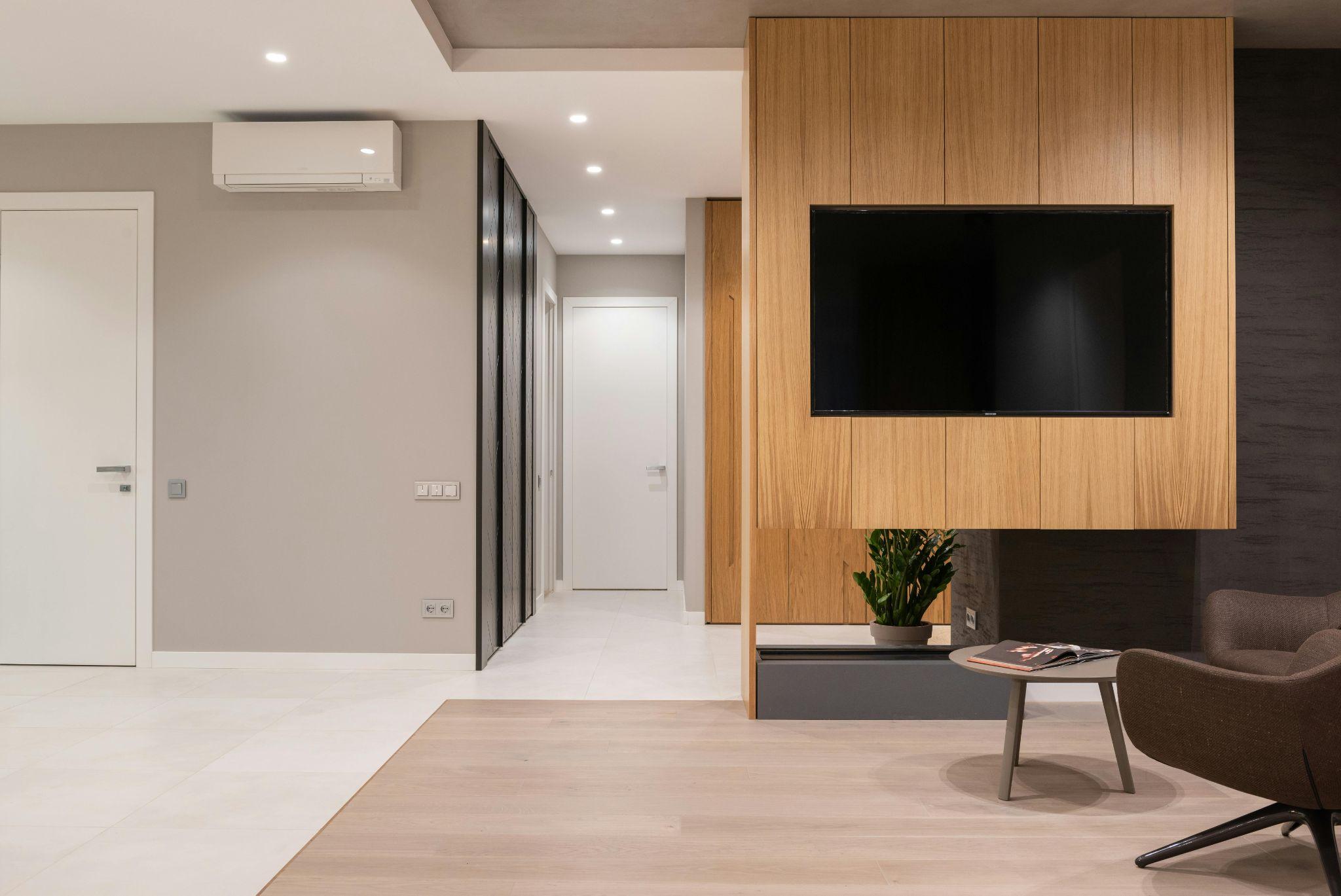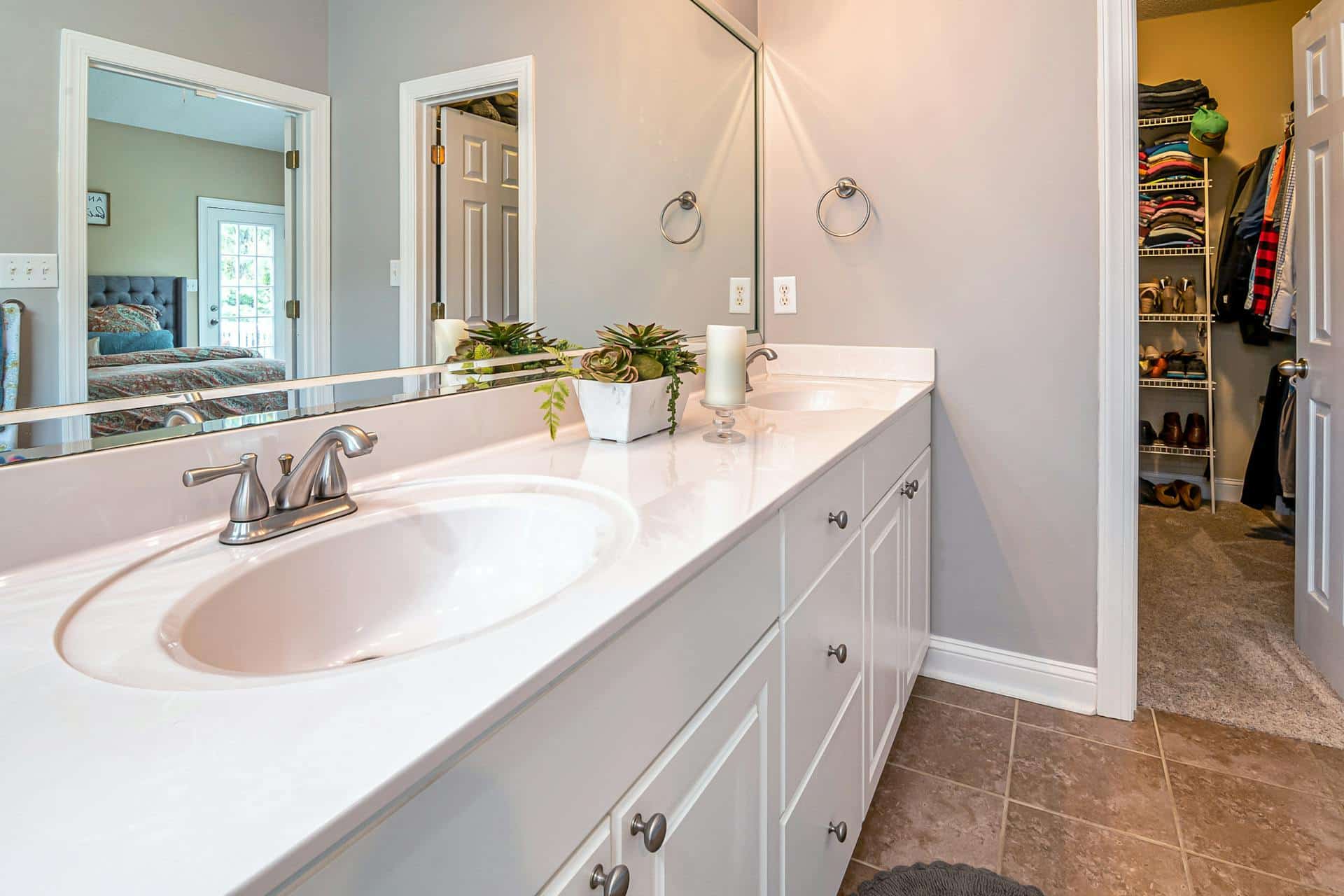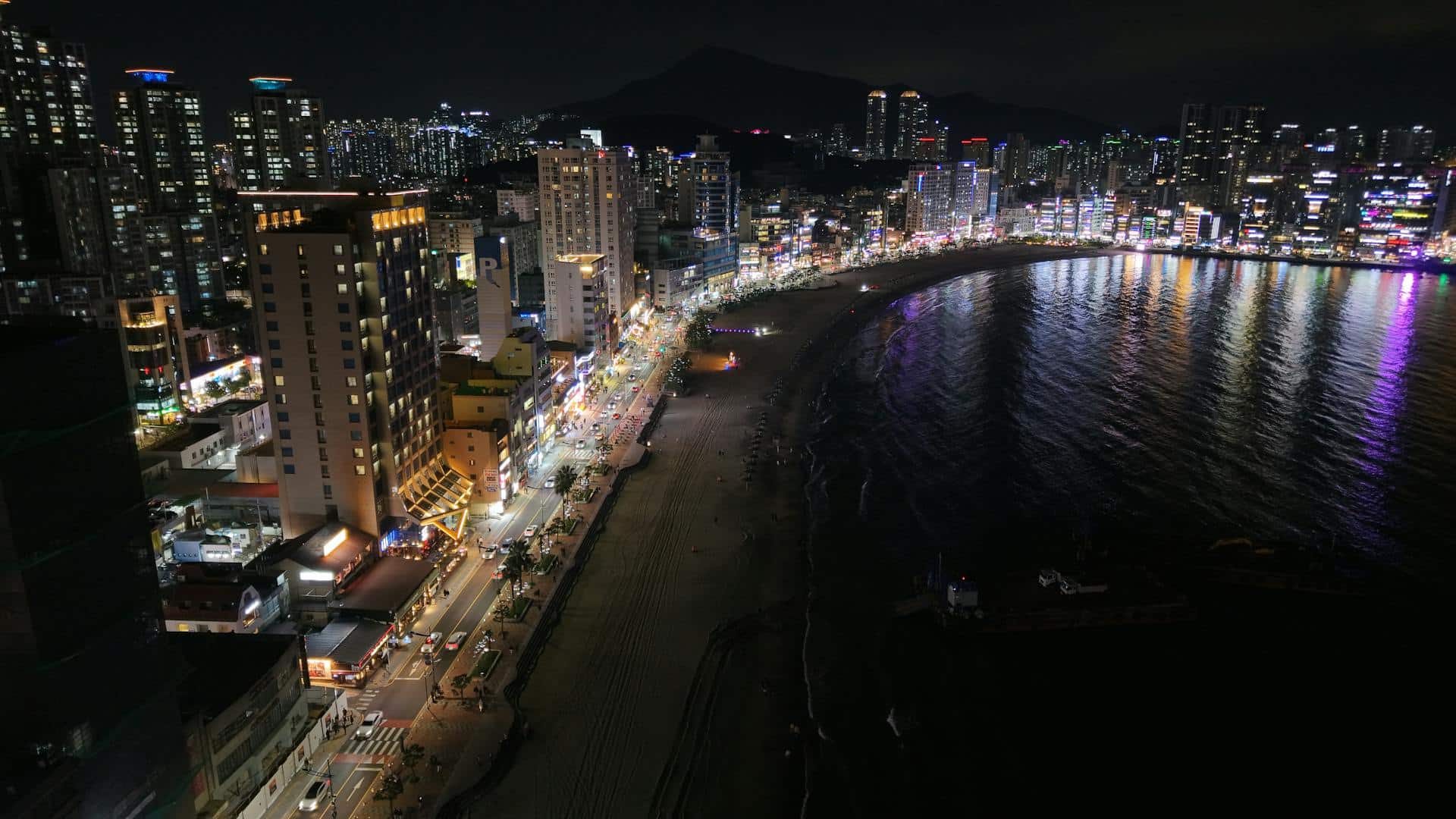Humidity receives less attention relative to temperature, but impacts AC performance more than most people realize. To make matters worse, humid air conditions can cause an air conditioner to work twice as hard just so the household can remain comfortable. Many individuals who notice irregular air conditioner performance, despite the fact that the air conditioner may have only recently gone into service, may actually just have issues with the humidity levels within their household. This explains why Raleigh residents, for example, may search for Raleigh air conditioning repair services early on, meanwhile the humidity levels are the problem.
This is just another reason why companies frequently remind homeowners that humidity control must rank just as highly as cooling power. By being informed on how moisture works with the system, the customer can diagnose the problem of discomfort more effectively.
Why Humidity Changes the Way Your AC Works
Air conditioners not only cool the air but also remove moisture. The more humid the air, the harder the system must work before the air even begins to feel cool. This is effectively a double task that the air conditioner must complete.
And this is how humidity affects your cooling system:
- This slows down the rate of natural evaporation that cools your skin.
- It will lead to an increase in running cycles, thereby increasing energy use.
- It results in the air feeling warmer than what is indicated by the thermostat dial.
Your AC may work well and you’d still be uncomfortable because of too much humidity.
Signs That Humidity Is Overworking Your AC
Problems with humidity will usually reveal themselves in a home over a period, that’s why it’s common for occupants to not be aware of the problem until their home becomes unbearable for them. These could be indicators that your AC maybe suffering stress due to humidity:
- Areas with a clammy or sticky sensation
- Air Conditioning with Hourly Variations in Cooling Output
- Fogged windows or indoor condensation
- A repeated need to turn down the thermostat below its normal setting
- A stronger-than-normal musty scent near the vents or returns
These are common problems that may arise even before the onset of a potential mechanical failure. Though humidity doesn’t damage an AC overnight, it may still cause AC airflow issues over time.
What’s Happening Inside the AC During High Humidity
Every air conditioner contains an evaporator coil, which absorbs heat in the process of condensing water vapor in the air passing through it. With higher humidity in the air, the more water these evaporator coils will collect. It reduces the rate at which the cooling process chills the air. The AC operates for a longer period of time. Thus, the system may experience early wear.
By the time the air flow around the coil reduces, the system could even start freezing. That is another situation linked to AC airflow issues, especially during the most humid months of the year.
Common Situations Where Humidity Causes AC Problems
Humidity may pose a serious problem to air conditioners under a variety of conditions that may normally be encountered in the house. Some of these conditions include:
- Houses that lack proper ventilation
If the air isn’t circulated properly, moisture accumulation occurs. This overloads the air conditioning system. Houses with poor ducting or even sealed windows suffer the worst effects.
- Oversized AC systems
A bigger AC reduces the temperature of the air so rapidly that it barely has time to remove the moisture. The house will cool but still feel humid.
- Blocked ducts or dirty filters
Restricted airflow results in the cooling coil staying damp for an extended period.
- Elevated moisture levels in the outside air
A system operating at its best may still lag during times of hot weather and humid days.
- Neglected systems
Units with clogged coils or worn-out parts can struggle with balancing the moisture. This is when the role of AC maintenance becomes crucial.
Comfort Monster technicians regularly experience these problems during the middle of summer and can usually identify the cause of the problem as being moisture-related and not mechanical.
Effective Measures to Enhance AC Efficiency in Humid Environments
It is possible to control humidity without major renovations or expensive modifications. Oftentimes, slight changes can remarkably increase the efficiency of air conditioners at the height of summer humidity.
These are the measures a homeowner can take:
- Change your air filters regularly: Most air flow and humidity-related problems start with a dirty filter.
- Check whether there is proper drainage at the indoor unit. A clogged drain line will result in backups and interfere with cooling performance.
- Improve Air Circulation Around the House: Ceiling fans, opening interior doors, and removal of blockages in vents will improve distribution of moisture in relation to buildup.
- Set constant temperatures: Frequently changing temperatures create problems for efficient dehydration processes.
Some pet owners might require no more than a tune-up, while some could require modifications to their ductwork or the services of a professional.
Conclusion

Humidity occurs behind the scenes when it comes to air conditioner efficiency, lifespan, and comfort levels within the house. As the humidity levels increase, even when the air conditioner may be in good condition, various issues may arise and the AC may experience difficulties with air circulation.
The positive side of this is that common issues that may arise due to humidity are pretty easy to deal with once the proper knowledge of the situation is there. If you’ve ever faced cooling problems because of humidity, we would appreciate hearing how it’s impacted you. What initial signs did you observe?








